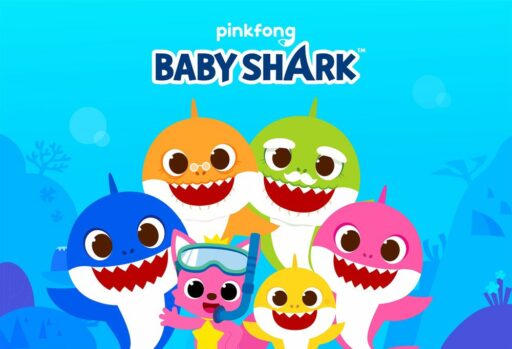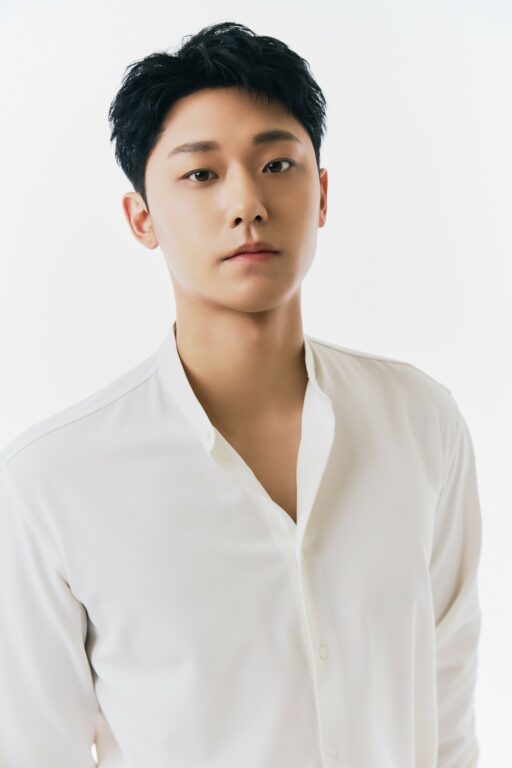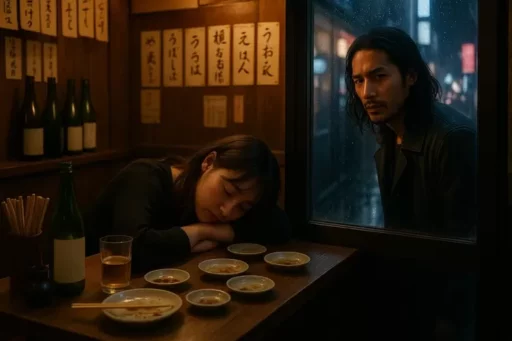
The lawsuit regarding 'Baby Shark' has come to an end after six years. The domestic production company The Pinkfong Company has won the final victory against the American composer.
The Supreme Court’s First Division (Chief Judge Noh Tae-ak) upheld the lower court's ruling that dismissed the damages claim filed by American composer Jonathan Robert Wright against The Pinkfong Company.
'Baby Shark' is a nursery rhyme created by The Pinkfong Company (formerly SmartStudy) in 2015. With its addictive melody "Doo Doo Doo Doo Doo Doo," it captured the ears of young listeners.
In June 2016, the English version 'Baby Shark Dance' triggered a global craze. It recorded the highest views on YouTube worldwide in November 2020, and in January 2022, it became the first video to reach 10 billion cumulative views on YouTube.
Johnny Only filed a damages lawsuit in a domestic court in March 2019. He claimed that 'Baby Shark' plagiarized his work 'Baby Shark,' which he had released in 2011, and demanded 30 million KRW.
The Pinkfong Company countered that it had "arranged a traditional nursery rhyme on its own and is unrelated to Johnny Only’s work." Since traditional nursery rhymes do not have exclusive copyrights, copyright infringement was not recognized.
The first-instance court stated, "It is insufficient to recognize that the plaintiff's song added new creative elements to the traditional nursery rhyme. Even if it did, the two songs cannot be considered substantially similar," leading to a ruling against the plaintiff.
The findings from the Korea Copyright Commission were also accepted as grounds for this decision. At that time, the Copyright Commission stated, "It is difficult to see that Baby Shark added new accompaniments that are not present in existing traditional songs."
It further commented, "It merely added instruments using electric guitar and synthesizer pad tones while expressing similar accompaniments."
The appellate court also dismissed Johnny Only's appeal in 2023 for the same reasons, concluding that 'Baby Shark' does not qualify as a derivative work protected by copyright law.
The Supreme Court agreed with the lower court's judgment, explaining, "The plaintiff's song is merely a slight modification and augmentation of the original work. If it cannot be considered an original work, it cannot be protected under copyright law."
<Photo provided by The Pinkfong Company>


